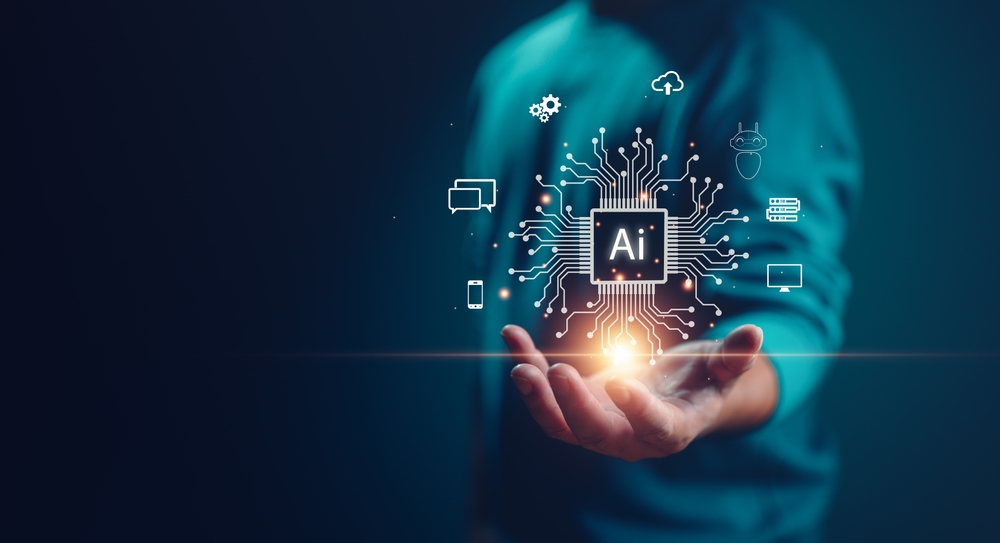Artificial intelligence tokens will be vital in adopting machine learning models in the blockchain industry.
Artificial intelligence (AI) is changing several sectors, including crypto. The merging of AI and blockchain has led to the rise of artificial intelligence crypto tokens.
This beginner’s guide explains AI tokens by discussing what they are, how they function, and examples of famous artificial intelligence cryptocurrencies in the market.
Understanding Artificial Intelligence Crypto Tokens
AI tokens are cryptocurrencies that back artificial intelligence-founded apps, projects, and services in the blockchain realm. They play three critical roles, including:
Promoting protocol governance: Some tokens award governance rights to their holders, allowing them to be a part of decision-making processes impacting the direction and development of the AI platform or project.
Easing transactions: Since they are a medium of exchange, they permit users to access data, pay for services, and participate in the platform’s activities.
Incentivizing users to participate in the expansion of the AI protocol project: They may acquire rewards in tokens for offering computational resources, contributing data, or developing artificial intelligence apps.
Understanding How Artificial Intelligence Tokens Function
Artificial intelligence tokens function in these ways:
Smart contract creation: The autonomously executing contracts define how tokens are utilized in artificial intelligence-associated services.
Creation of tokens: Projects develop tokens on a blockchain platform, primarily utilizing standards such as BNB Smart Chain’s BEP-20 and Ethereum’s ERC-20.
Decentralization: Most AI token projects aim for devolution. The distributed form of governance grants token holders a voice in critical decision-making processes.
Token utilization: Users acquire the token via staking, exchanges, or participating in the platform’s ecosystem. Later, they utilize them to pay fees and access services.
Incorporation with AI platforms: The project connects the tokens with artificial intelligence services platforms. Holders can utilize them for data analysis, to access machine learning models, and for other artificial intelligence functionalities.
Incentives: Some projects utilize tokens to incentivize those who offer resources, for instance, computing data or network, to the network.
Token issuance: The initiative behind the artificial intelligence crypto token issues it during the genesis block or token sale.
Top 5-Ranked Artificial Intelligence Tokens.
The Graph (GRT)
This indexing protocol organizes blockchain data, facilitating querying for artificial intelligence analytics. It is the second-biggest artificial intelligence token and manages the decentralized network of nodes (Indexers).
Injective (INJ)
The INJ token powers this layer-2 decentralized exchange and derivatives trading platform. It facilitates advanced trading tools such as margins/leverage, strategy testing, predictive analysis, and artificial intelligence for optimized order implementation.
Render (RNDR)
It enables a decentralized graphics processing unit (GPU) cloud computing platform for high-demand tasks including machine language learning and training AI tasks. People stake and lock up RNDR to access the graphics processing units.
This project awards Render Farm suppliers in Render for leasing graphics horsepower capacity. At the time of writing, RNDR’s market cap was $1.22B.
Theta Token (THETA)
This token powers the Theta decentralized video delivery network and is the fourth biggest big data and artificial intelligence token. At the time of writing, its market cap was $960M.
This token seeks to offer enhanced video streaming quality and low costs via machine learning and artificial intelligence innovations. Relay nodes and users earn THETA for sharing bandwidth resources.
Oasis Network (ROSE)
It utilizes a token-incentivized structure to promote privacy-preserving artificial intelligence computations on blockchains. At the time of writing, ROSE tokens’ market cap was $567 million.
These tokens offer secure computing through Intel SGX, federated learning, and differential privacy. They also coordinate the network of nodes.
End Thoughts
As blockchain platforms seek large-scale adoption, artificial intelligence innovations will be vital for unlocking new efficacies and capabilities. Specialized artificial intelligence tokens aid in coordinating the incentives and coordination required for advancing artificial intelligence in a decentralized context.
The tokens have a robust potential as the tokenization of machine learning processes expands on-chain. However, similar to most crypto, this category is still technically intricate and unpredictable, thus requiring investor due diligence.
